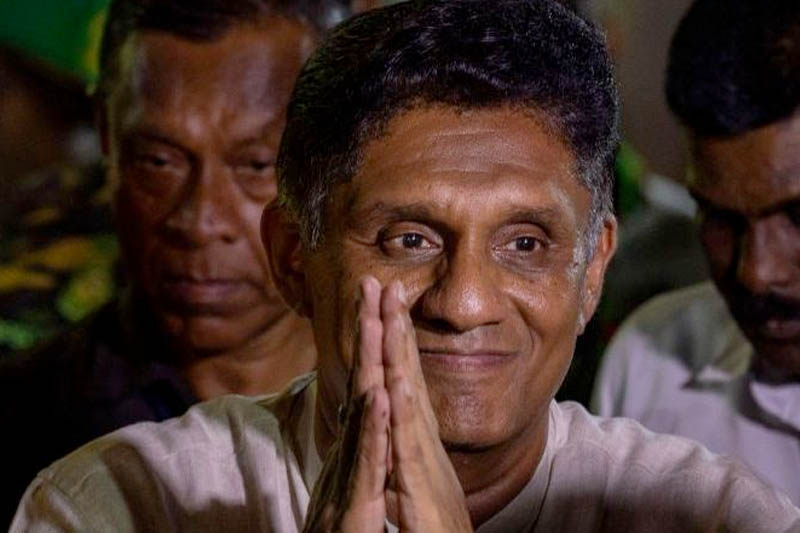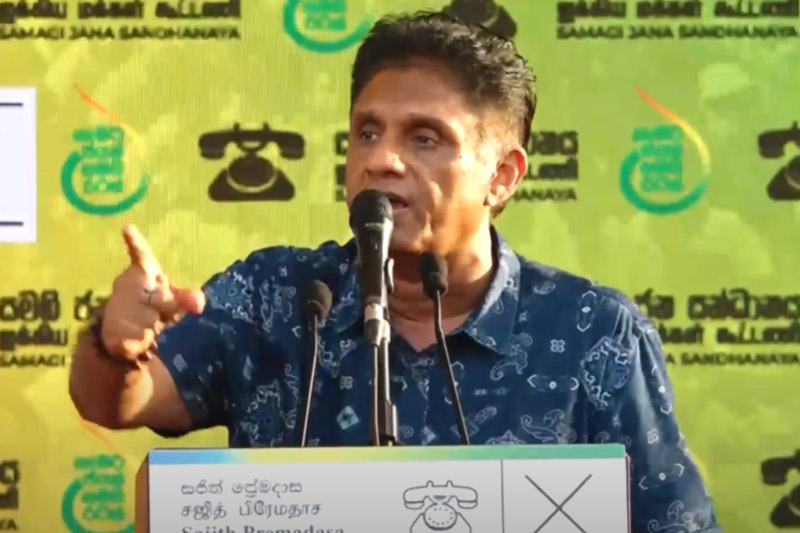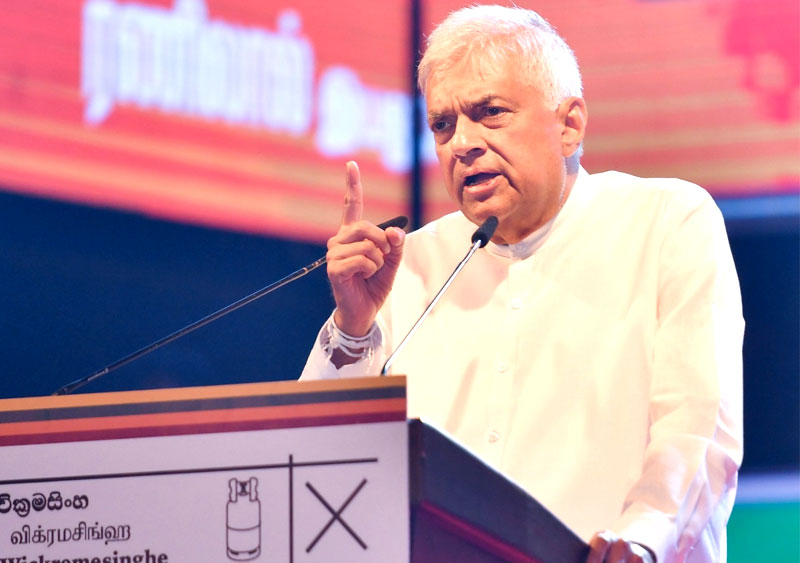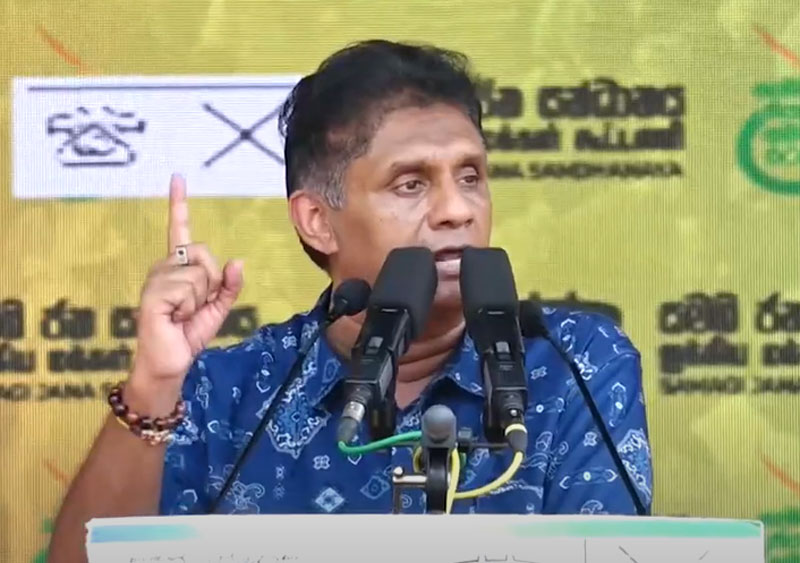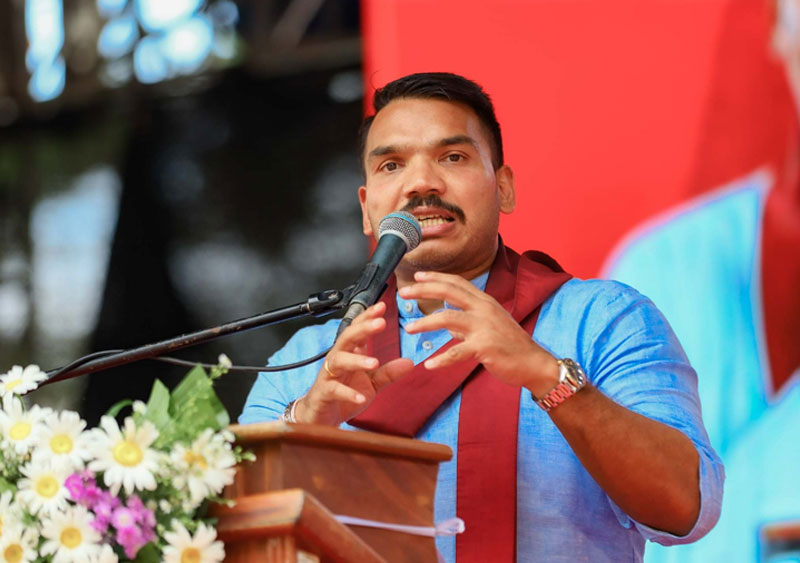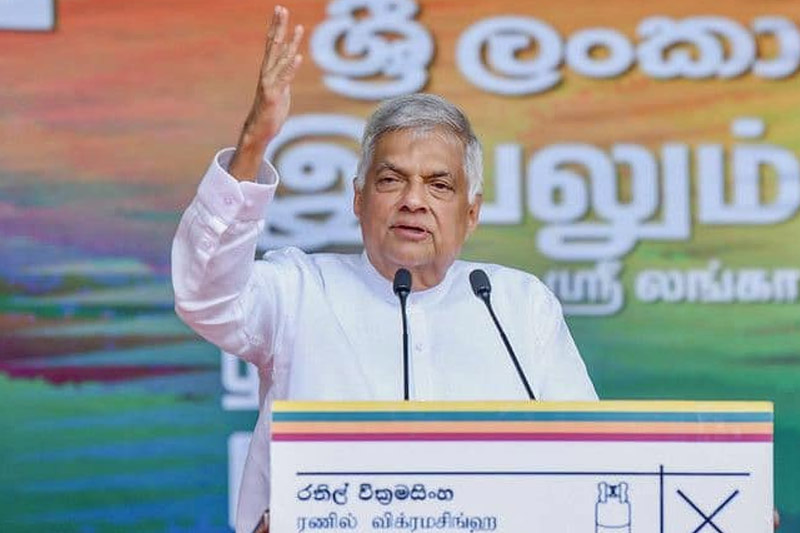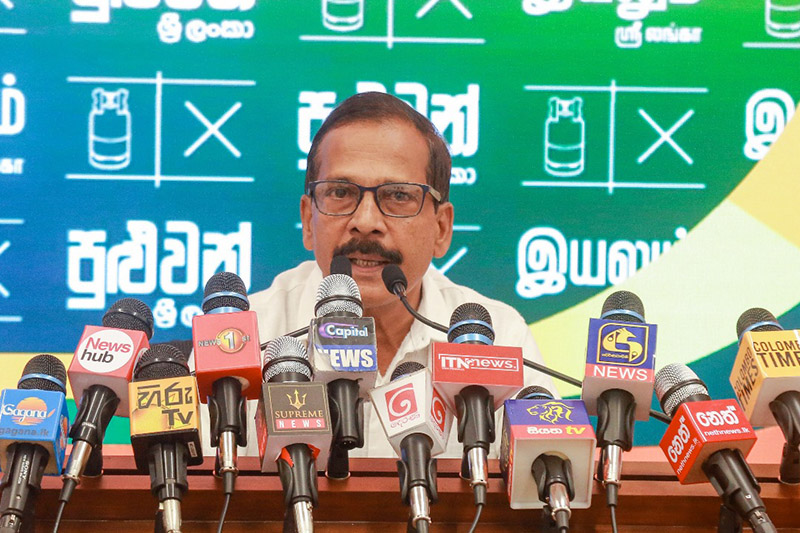The first ever National Social Protection Policy for Sri Lanka has been developed by the Department of National Planning of the Finance, Economic Stabilisation and National Policies Ministry.
A Technical Committee has been established to provide the necessary technical guidance under the Ministry.
Treasury Secretary Mahinda Siriwardena said the National Social Protection Policy has been prepared through a very participatory process with all major stakeholders and with inputs from public comments.
This policy defines social protection as a set of policies and programs that help individuals and societies to manage risk and volatility, protect them from poverty and inequality, and help them to access economic opportunities throughout the life cycle.
Social protection aims to achieve this by increasing peoples’ resilience, equity, and opportunity, the three goals of social protection, through a range of instruments which are categorised into pillars. The key pillars of the new social protection system include social assistance, social care, social insurance, labour market and productive inclusion programs.
• Social assistance for vulnerable groups with no other means of adequate support.
• Social care activities and resources designed to enhance or promote the wellbeing of individuals, families/ households, and the larger society.
• Social insurance, which includes publicly provided or mandated insurance against old age, disability, death of the main household provider, as well as various health and economic shocks.
• Labour market and productive inclusion, which includes both passive and active interventions and contribute to the decent work agenda.
This policy is underpinned by the principles of equity, inclusivity, and sustainability, ensuring that resources are allocated efficiently and effectively, to reduce poverty and social exclusion, fostering a society where everyone has the opportunity to thrive.
The objective of the National Social Protection Policy is to develop a social protection system which enables access to all citizens for appropriate social protection support across the lifecycle as needed. Furthermore, the National Social Protection Policy aims to provide strategic guidance for the development of a well-coordinated and harmonised social protection system for stakeholders across the Government and private sector, as well as non-Governmental organisations, who need to work together to ensure adequate social protection for all.
President Wickremesinghe in his capacity as the Finance, Economic Stabilisation and National Policies Minister submitted the National Social Protection Policy for Sri Lanka for the approval of the Cabinet of Ministers and approval for the same was granted on 15 July 2024.
The Government said in the past Sri Lanka has implemented various social protection schemes since independence. However, social protection was neither conceptualised nor managed as a single sector, as a result of which there has been no holistic national vision, policy, or strategy for social protection. In fact, there has not been an accepted Government definition of social protection in Sri Lanka.
The absence of comprehensive policy guidance and an integrated strategic framework is considered as the key reason for the existing challenges faced in the social protection landscape. The shortcomings resulting from this are many, including issues ranging from coverage of beneficiaries to adequacy of benefits. Furthermore, fragmented programs, schemes, institutions, and products which are integral to the current social protection system have been proven to be inadequate, resulting in sub-optimal developmental outcomes. The National Social Protection Policy addresses these weaknesses.
(ft.lk)












